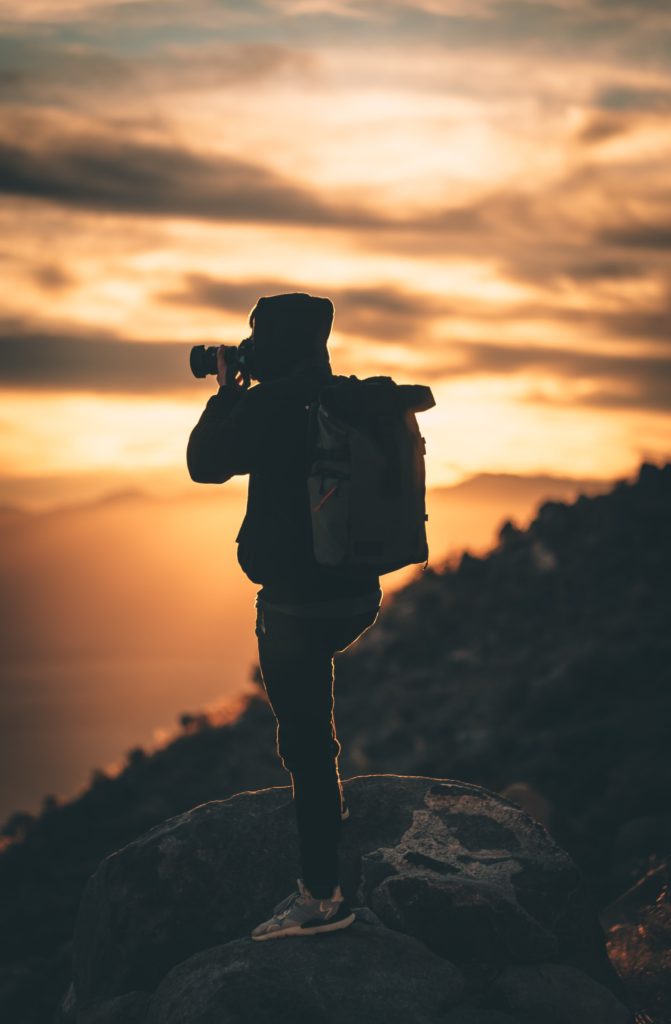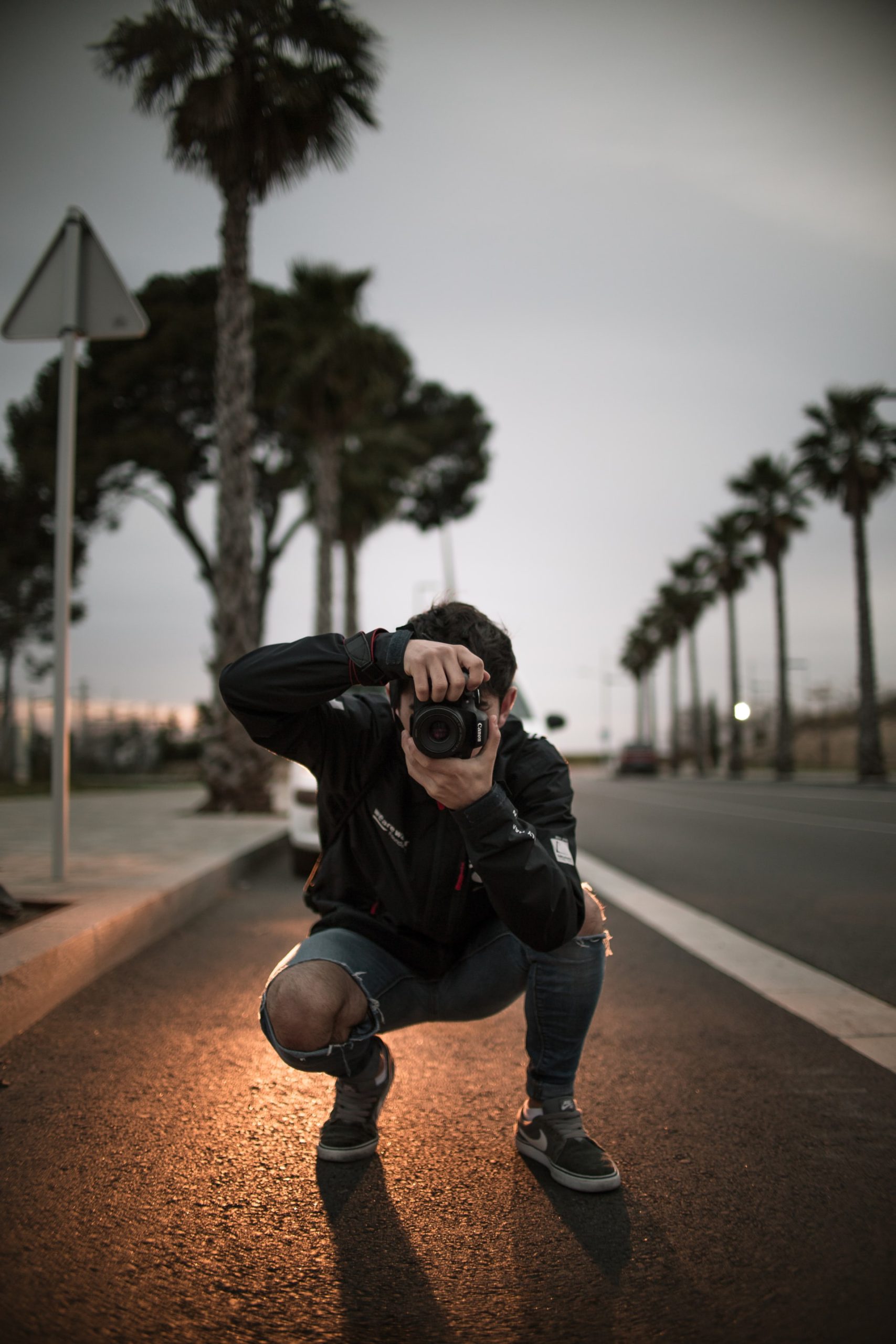Are you fond of taking photos? Well, it can’t be helped. It has been a part of our daily lives – taking photos and capturing events that are too good not to remember. We like to freeze great moments in time and take candid shots of cherished reality. But at what cost do we take photos?
Whether it is for professional or for personal use, you should practice and apply photography ethics. Taking good photographs is absolutely important, but so are the people, events, and others behind every picture. In fact, a lot of photographers end up being problematic about disobeying or disrespecting the so-called ethical norms.
In all honesty, you would not be punished by law for not adhering to photography ethics. But if you want to be a respected photographer instead of being someone who has a tarnished reputation, we’re bringing you some of the ethical norms to live by.
What is Photography Ethics?

Ethics is perceived to be a system of standards and principles that sets out what is morally right or wrong. It provides clear concepts of rights and responsibilities both as an individual and as a community. As much as we would like to look forward to a universal set of rules and norms to adhere to generally and specifically, there is a high degree of subjectivity that evolves continuously.
Capturing your mementos in pixels is not forbidden. In fact, it enhances creativity and sparks great motivation for many. While there is no general set of rules and regulations regarding the practice of photography, here are some photography ethics to watch out for.
1. Respect strangers.
You would not want someone taking stolen photos of you and posting it online for all the world to see, would you? Particularly if it is not a good photograph of you. Now, follow the golden rule. Don’t do to others what you don’t want others to do to you. We all have the right to privacy and publicity. The risk with taking photos of strangers without their consent is being personally biased on whatever outlook you have towards them. For instance, you might want to superficially highlight cultural diversity positively or to superficially uplift one race over the other. Either way, do you think you are being an ethical photographer with what you are trying to achieve?
2. Humbly ask to photograph your subject.
Humility is a key characteristic you must possess as a photographer. It would not reflect on you badly if you try to ask people whether they are willing or not to have themselves photographed. This has got to be one of the best ethical norms to practice! Asking for your subject’s consent is definitely the solution to the former norm mentioned.
3. Edit with moderation.
One of the don’ts and do’s for an ethical photographer is to be careful with edits made on the actual captured image. Say no to digital manipulation. This is one of the most intriguing ethical norms. Enhancing the colors, hues, shadows, and contrasts may be so tempting. But remember that editing your creative shot too much is almost equivalent to cheating. This matters especially when you are actually a contender in a photography competition. If the other photographers are more skilled in photo editing but do not actually excel in taking good pictures and they won, would you be happy about it?
Photography purists assert that photographs should not, in any way, be altered or enhanced at all. According to them, captured images should retain their originality, and post-processing the photos is impermissible. For some, cropping photos is even inconsiderable.
This ethical standard is significant particularly when it comes to the following:
- News footage, documentaries, and reportage – Edits were made to solicit more impact and relevance to the greater masses.
- Portrait and fashion photography – For instance, some photographers digitally retouch faces and skin tones using Photoshop for beauty products.
- Nature and wildlife photography – Photo manipulation is done to make people believe that the beauty of nature and wildlife has been captured at the right time vividly – and that is it is raw, innocent, and not corrupted by humanity at all.
- Travel photography – Some of the seemingly candid photos were staged and scripted to superficially highlight culture, tradition, poverty, or tourism.
4. Use images with permission.

Image theft is seriously unethical. There are billions of photographs circulating online and the chance of being caught after stealing one image is so low. It is not uncommon to see individuals and even companies disrespecting the creative outputs of other people for their own gain. Whether it is for marketing or advertising purposes, for crafting creative content, for helping business grow, or whatever the purpose is, image theft is unjustifiable.
As an ethical photographer, you know that it is not appropriate to steal other people’s craft. To put it simply, exercising photography ethics in this aspect means asking for permission of the owner and citing credits would not resort to any copyright violation.
5. Avoid the so-called “photo plagiarism”.
There’s an endless series of debates on photo plagiarism. This happens when a photographer borrows another’s idea with regard to the subject and perspective. Some may just be purely coincidental and some are intentional. No photographer would agree to just let someone else take credit for his/ her creative intellectual property rights.
While this remains to be one of the vague ethical norms, some photographers are clear on their stand that it is almost impossible to capture the same subject, under similar lighting conditions (i.e., cloud formation, landscape, vegetation, colors, etc.), at a similar angle and perspective since every photographer has his own set of unique skills and creative concepts in mind. If it happens to be a coincidence, then they should not be almost equally identical, as if photographed by the same person.
Fix Your Focus
Remember, your ignorance about these ethical norms does not excuse you from compliance therewith. Being an ethical photographer is being responsible enough for your own actions and not inciting your focus only on your personal gain. Be mindful of others as well. For sure, you would not want to climb the ladder of success by dragging others down.
Practice photography ethics and watch yourself grow professionally while being respected by all the other photographers around you.
